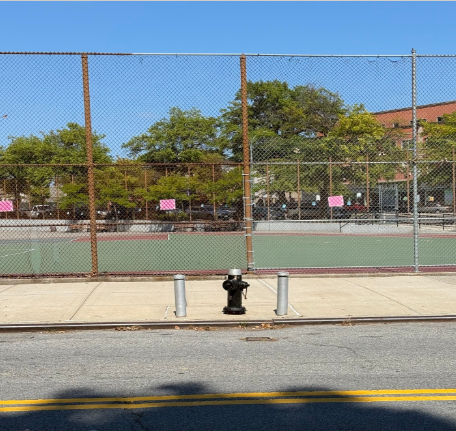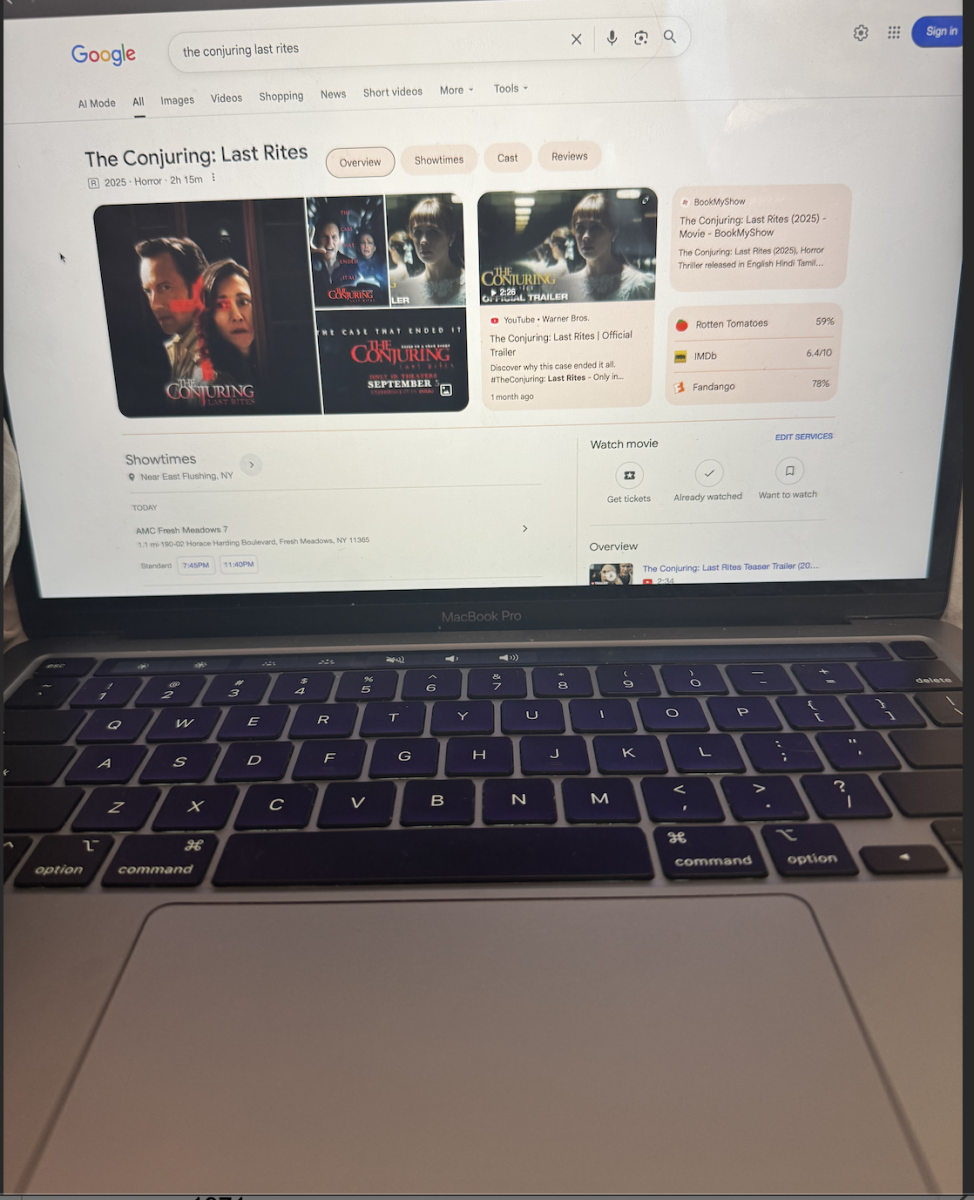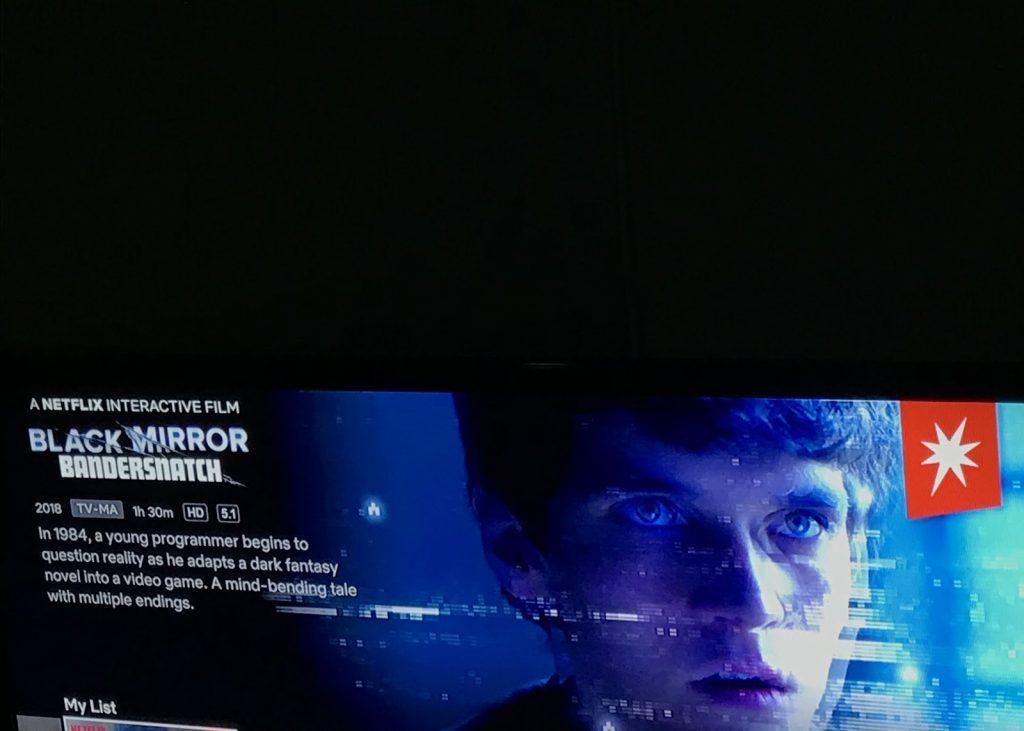
by Essence Bryant, staff reporter.
From the moment we are old enough to walk and talk, we are taught little things that should count in life; stealing is wrong, helping others is good. But with this generations’ advances in technology and with the altering of some age-old ethics, this generations teens have come to a devastating point in time.
They’ve reached the point where they see things that should scare them, anger them, and make them question the choices people are making without having been affected or belittled. Things like scarred arms, snippets of graphic porn, or even people who promote these things like eating, bodily and mental disorders.
Most of these things are seen on social media sites like Tumblr and Facebook. Some people who frequent these websites have begun to idolize these things and live with them as if they were as natural and normal as breathing.
Morality and human nature.
Morality is having the belief and knowledge in what is right from what is wrong, and using that as a guide through life. It is an incredibly vague and subjective concept. There exists the idea that our understanding of right from wrong, and of human nature, will decipher how we all play a part in society and in the lives that we live.
The reason why parents try so hard to instill these ideas of right and wrong, is that a society cannot function properly when people have varying ideas of what is and isn’t tolerable.
These installments are also called morals; things that we live by and cling to because they are the only sense of structure and familiarity that we can have in such a fast-developing nation, where nearly anything goes.
As humans, we all want for things, and in the depths of our hearts, long to please ourselves, no matter what the price is that will be paid. This is just human nature. Perhaps this is where the idea that because teenagers are self-fulfilling and adventurous -caught up in life and trying to figure out who they are and who they want to be- they are deemed rebellious and filled with angst.
But it isn’t always so clear-cut when it comes to why a teen is the way a teen is. Especially when that teen may rely on the ideas and policies that are imposed by family and social media.
Manipulation, social media and family.
As a teenager, there may not always be that ideal parent-to-child relationship where ideas and feelings can be openly expressed. They post pictures and videos in the hopes that they get the “likes” and attention that they don’t get normally.
This is often why a lot of youth turns to social media to “vent feelings” and to get life lessons from others, because they cannot turn to their own parents, or feel some kind of resistance or remorse to do so.
“Morality then is affected because the teenager is not taught from their own family values and experiences, but from what their friends or others in their social circle think is appropriate,” psychology Ph.D Dr. Sasha Soon, said.
Adolescent youth may be the most susceptible to manipulation, simply because of the desire to fit in and be a part of the “in-crowd”. Getting help or advice from someone closer to their age may seem more appropriate and more reliable than getting it from their parents, whose generation has had it’s own set of values and mannerisms.
It’s understood that upon a serious talk with family members, the famous opening phrase, “When I was your age…” has been a model cliche for parents everywhere. It’s something that teenagers hate to hear because even they know that times are different.
Considering the progressive tolerance in homosexuality, the rise teen pregnancy, and the awareness of illicit drug use, of course times are different then they were some thirty or forty years ago.
“I think I’d ask my parents for advice. They are wiser older and have been through more so they probably know what they’re talking about when they give advice… Hopefully.” junior Daria Lee, said.
By being a conscious and stable figure for a teen to rely on, these parents are not only assisting their children, but helping to better educate them on the entropic vortex that is life.What these parents need to convey is that, although things may seem different and more advanced, human nature never changes, and morals are something that will forever hold true.
Taking all factors in account, a parent has a better chance in getting through to their teen if they are understanding, and display knowledge in several of life’s elements.
“Most of the time, I don’t think I go through with their advice only because they are older and sometimes their advice doesn’t go along with my situation,” junior Anisa Bridgelal said.
This also holds true. Their advice may be outdated and unreliable as teenagers now may suffer different and more complex problems. It doesn’t mean the the intellect parents have to give is wrong or any less effective, but it may not be as relatable.
Social Media and osmosis.
As a person scrolling through their feed or their dashboard, they will, more likely than not, come across something graphic or disturbing. Something like a photograph of a women with an eating disorder, and they will long to look like that. Or something like a post about falling in love with someone and giving up their lives for that person, and they will long for a relationship like that.
Teenagers who are active members of these online societies have had their likes, interests, disorders, and feelings listed out for them, because of what they learn through the simple process of learning through osmosis; seeing it over and over again.
Thus, because of our nation’s’ ability to transmit and spread ideas via social media, the data and pictures are viable factors in influencing what a teenager will think about the world, and what their aspirations or personal interests may be when they come across corrupted and racy pictures, posts, or texts.
“I believe that teenagers are desensitized due to social media and led to believe that consequences to certain negative behavior is not as detrimental as they once were.” Soon said.
A teen who frequently sees pictures of a dreary setting with a depressing quote or picture, will definitely see the world through a darker lens, because of these factors. This teen, who constantly come across these dark posts, will be so accustomed to viewing and accepting these things that their idea of what is right and wrong has been changed from when they were unaware of those things. This is all because of the frequency of viewing these posts.
Identity.
All in all, if a teenagaer is asked who they are, it is likely that an appropriate response won’t come fast, if at all. Because many of the contributing factors that make up a person, aren’t entirely their own. Everything is passed down or reblogged, re-tweeted.
It’s a process in which pieces or personality are selected and deposited in a special box that is kept under the label of “who I am.” It may be the Tumblr blog that is frequented, or the book about unrequited teen love that is torn at the spine and re-read over and over.
There is no definitive way anyone can truly say who they are, but what is known, is our ideas of what is right from wrong, however that may present themselves. In the process, we do lose a piece of our individuality to cater to what we’ve been brought up by.
Morality, in a world where labels are spewed by the hundred and people have to die for the rights that we need and know to be rightfully warranted, it’s always viable to be deceived, manipulated by the things that surround us and what we choose to surround ourselves by. It is up to the character and diligence of a person to determine whether those factors will contribute to their personality and outlook.
































![“I agree the school lost its purpose, I left newspaper because I no longer had an interest and passion that I did once believe I had, the school’s more worried about student law court then what’s in the name in the school. [Which is journalism],” senior Christos Troumhis said. Photo attributions to Jon S.](https://wjpsnews.com/wp-content/uploads/2015/12/6276688407_12900948a2_z.jpg)









